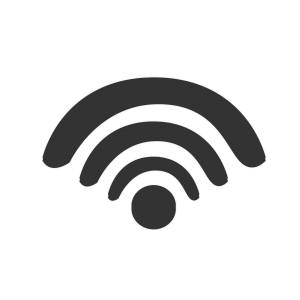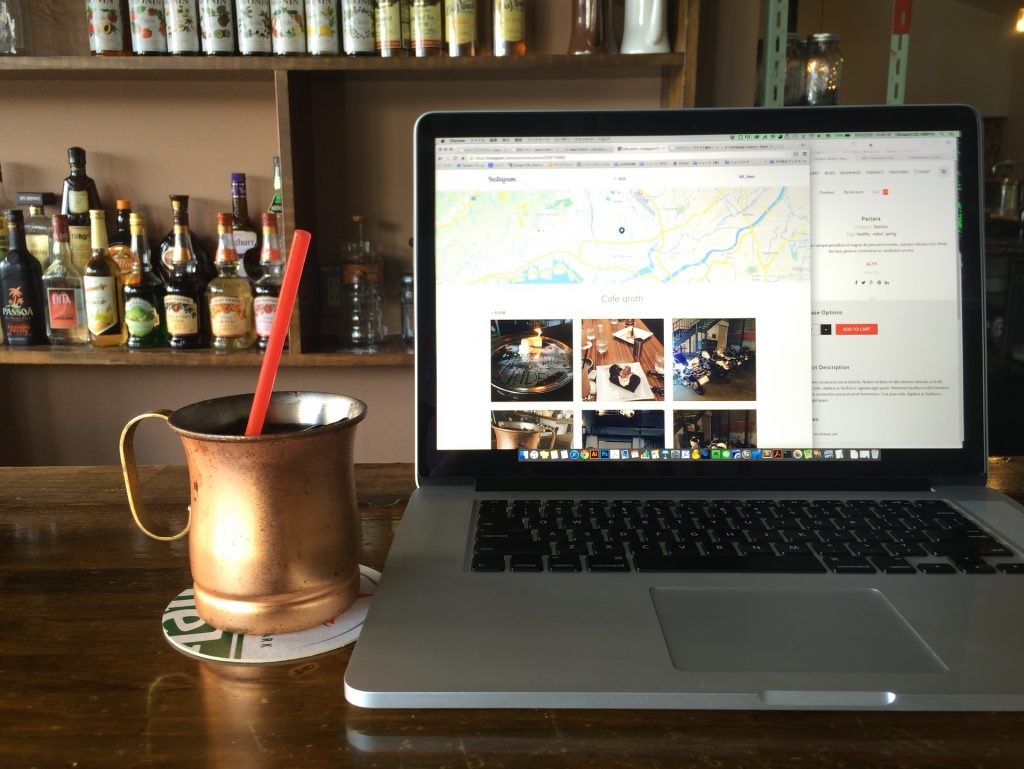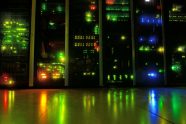You Need VPN Services More Often Than You Think

You Need VPN Services More Often Than You Think
VPN is an acronym for Virtual Private Network. It can be defined as the method normally used to integrate privacy and security into private and public connections VPNs are commonly used by different types of businesses to enable them to protect all the transmission of the sensitive data over public networks.
However, the use of the personal VPN for home users and travelers has increased today. Many computer users have had their systems compromised or identities stolen by unsuspectingly using public WIFI, free public hotspots or Trojan hotspots. By using a VPN, accessing the internet can be a bit safer and help protect user privacy.
Here are just a few locations hackers target to try to compromise your privacy or capture your data traffic.
Wi-Fi Watering Holes

Just like predators in the wild waiting for prey to come to a watering hole. Hackers target areas were groups of people gather and may use WIFI services offered by small businesses. Coffee shops, bistros, cafes, restaurants, bookstores and malls are just a few examples of Wi-Fi watering holes.
Hotspots
There are a number of exploitable vulnerabilities in wireless internet access (Wi-Fi) that can lead hackers to compromise your system or steal data. Hotspots are available to the general public and are also popular contact points for unsuspecting network users. For example, assume a hacker goes to a local bookstore and connects their laptop to the Wi-Fi offered freely to everyone, starts a couple of packet capture programs, buys a cup of coffee and sits down to wait. To anyone casually looking this hacker looks just like anyone else using Wi-Fi to check email, write a paper for homework or compose email to family and friends.
A few minutes later a real customer also buys a coffee and connects their laptop to the same wireless network and starts surfing the web. As traffic begins to flow across the network, our hacker is capturing all these packets and looking for usernames, passwords or other unencrypted data that the other innocent users are sending over the network. In many cases, it really is that easy. Simply connect to the network and spy on sensitive information such as usernames, passwords, credit card information, and so on. Using vpn services prevent a sniffer from capturing your sensitive information.
Trojan Hotspots
A common tactic to trick users is to create a fake hotspot near areas were people gather. In a hotel, a hacker could create a hotspot named after the hotel or “Hotel Wi-Fi” to try to trick people to connect their devices to it to enable them to capture their traffic.
Free Public Wi-Fi

This is a common name hackers use to try to dupe innocent users in to connecting to the “Free Public Wi-Fi”.
Residential ISPs
Internet Access Providers, ISPs are exactly what they say they are; companies that connect you to the internet. They are not internet security companies and their service agreements do not guarantee that their services offer protected or safe surfing. They know that the internet is a dangerous place and often will offer bundled services or “security enhancement” service to help protect subscribers such as antivirus programs.
Internet service providers are not in the business of offering security services and frankly they aren’t very good at it. Many ISPs provide a modem or router that also can deliver wife service inside your home. There are dozens of stories about cheap routers and ISPs that setup wireless access points in subscriber homes with low/no security and/or default passwords. ISPs are known to not filter their network from exploits.
Vpn services won’t protect you from getting a virus or visiting compromised website but they do encrypt your data and hide your traffic and browsing from hackers Wi-Fi watering holes and from you ISP which more often blocks your traffic from getting out than blocking any traffic coming into their/your network.
Many ISPs block email and throttle streaming services like Hulu or Netflix. Using VPN services enable home users to bypass these limitations.
DMCA, State Firewalls and international users
Governments want to prevent users from accessing information on the internet that conflicts with their political policies. International users often us VPN services to connect to networks with an IP in the USA to bypass these controls. Some governments restrict access from certain countries because they suspect that traffic is malicious. Unfortunately, they also block all other innocent surfers who are just trying to enjoy the internet. With a VPN connection, your IP address can be displayed as a US IP address to bypass state blockages. International users also use VPNs to connect to US networks to access streaming content that isn’t available in or restricted from their country by DMCA restrictions or local laws.
Protecting yourself while traveling

Are you planning to connect to the internet when you reach a campground, from the ship on a cruise or during brunch at your favorite cafe in Paris? These Wi-Fi hotspots should always be treated as untrusted networks or Wi-Fi watering holes. Unfortunately, many users forget that they should subscribe to VPN provider that offers connection servers in countries where they vacation and that they should subscribe at home, before they being their trip.
Think of a VPN like an American Express and “Don’t Leave Home Without It”.








